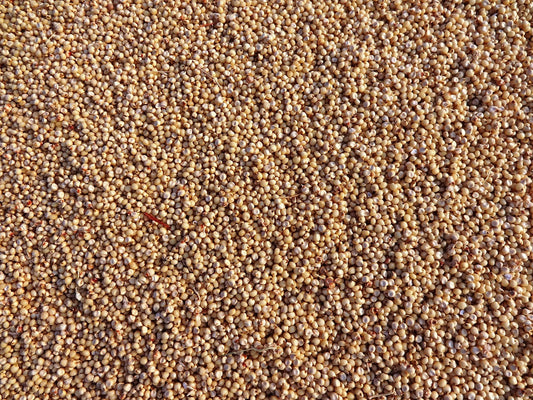According to a new scientific study, probiotics could help obese children and teenagers lose weight in conjunction with a low-calorie diet.
Presented at the 22nd European Congress of Endocrinology, a new scientific study supports the use of probiotics in conjunction with a low-calorie diet to combat childhood obesity.
The study focused on two so-called probiotic bacteria, Bifidobacterium BR03 and Bifidobacterium B632. This group of bacteria is part of the natural intestinal microbiota, and helps to fight against other bacteria that are pathogenic, such as Escherichia coli . Bifidobacteria also help in the digestion of carbohydrates and dietary fiber.
Dr. Flavia Prodam and her team at the University of Eastern Piedmont in Verceil, Italy recruited 100 obese children and adolescents aged between 6 and 18 years, who were put on a controlled low-calorie diet. Some were randomly assigned to receive Bifidobacterium BR03 or B632, while others were given a placebo, for 8 weeks. Clinical, biochemical and biological analyses (of stool samples) were conducted to determine the effects of probiotic supplementation on weight, intestinal microbiota and metabolism.
The Verdict:
Children who took probiotics in parallel with the diet showed a reduction in their waist circumference, their body mass index (BMI), their insulin resistance and even the concentration of E.coli in their intestine. Such results were not found in the group of children and adolescents who did not take probiotics, who simply lost weight.
The study suggests that probiotic supplementation changes the gut microbiota and beneficially affects the body's metabolism, improving weight loss. "Probiotic supplements are frequently given to people without adequate evidence. These results tend to prove the efficacy and safety of two probiotic strains in treating obesity in a young population," commented Dr. Prodam, who led the study.
"The next step in our research is to identify patients who may benefit from this probiotic treatment, with the goal of creating a more personalized weight loss strategy. We also want to more clearly analyze the role of diet and probiotics on the composition of the microbiota. This could help us understand how the microbiota is different in young obese people," added the researcher.
Remember that it is possible, and beneficial for health, to enrich one's diet with probiotics by consuming foods such as yoghurts, sauerkraut or drinks based on kefir or kombucha.
Source: EurekAlert




